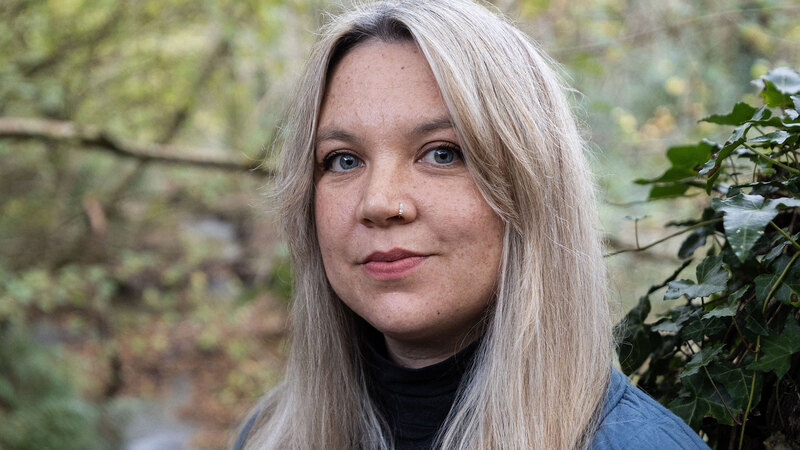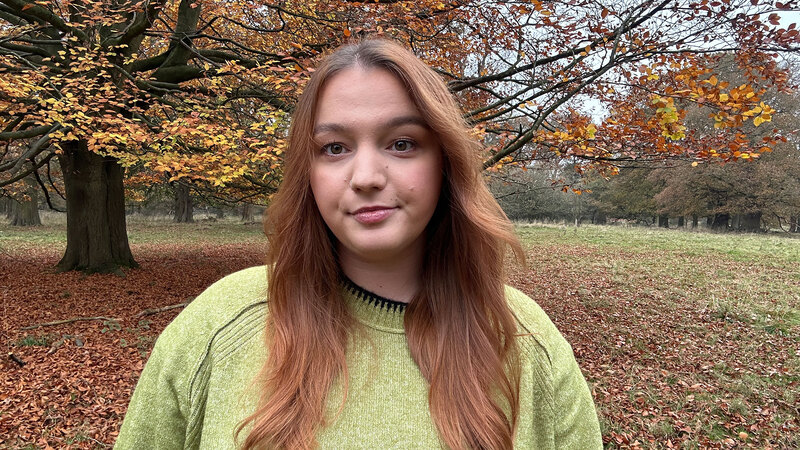You are viewing your 1 free article this month. Login to read more articles.
How long should a book be?
One of the unexpected insecurities I’ve had over starting out as an author is over the length of things. I’ve always erred on the side of brevity but all of a sudden I’ve started to worry that this will prevent me being taken seriously.
It’s an insecurity borne out of old fashioned tastes, I think. I love Nicholas Nickleby and it is so very long. Long means respectable, so my short book with its short chapters is frivolous.
And maybe it is, but that is the book I’ve written. If I tried, I could make it longer but not many of the extra words would have any real purpose. The form of this particular story is a shortish novel, and that’s fine.
Because to me stories always seem to have a form that suits them more than others. They can be put into other forms, obviously, but one will always seem a better fit. It’s subjective of course – I’ve had heated arguments about whether "Little Shop of Horrors" works better as a horror-comedy or a musical – but it’s true.
It always strikes me as odd that there’s such desperation for pushing stories into as many forms as possible. War Horse has been a book, a play, and a movie. Pride and Prejudice has been a mini-series and at least 70 movies, as well as a zombie story and a fictional, modern diary. People have been clamouring for years for a Wicked movie, some for one based on the musical, some after a more faithful adaptation of the much darker book, and no one ever seems to remember that adaptation is fraught with complications.
When a story is adapted to another medium, there’s always so much pressure for it to remain faithful to the original, but remaining faithful almost always comes at a cost.
The best ones always change with the format. Case in point: the RSC’s "Matilda" adds in three whole characters, two of whom are often in shadow puppet form, to give a character backstory and help one of the central relationships strengthen. It wouldn’t work as well in a film or in a book, but it’s magical on stage.
Too often, I think, stories are adapted simply to reach further and therefore make more money. Which is an understandable goal for everyone concerned, but it’s not the most interesting or exciting motivation.
Stories, however long they are, however deep they go, always have more to say than is on the surface. And they have different things to say to different people - that is one of the principle joys. So when a story is explored in a new format it should be to some purpose.
Homogenous storytelling seems rife at the moment, and it just gets old. Predictable and safe. And it often seems to grow out of assumptions about what people want. Probably assumptions that are (fairly) based on what’s sold well in the past.
So people don’t often buy novellas, because there doesn’t seem to be enough pages to justify the price, which means that authors, especially novice authors are told not to write them, told they won’t get published. So they take their idea for a novella and they pad it out and stretch it to fit the word count they’ve been told is sellable.
Which just robs all the fun out of exploring different forms at all.
Hopefully I’ll find the opportunity to write in many different formats over the next few years. I think the different structures and forms we can apply to stories are fascinating - you can’t simply transplant a narrative from one form to another, and that’s something I’m keen to explore more of.














